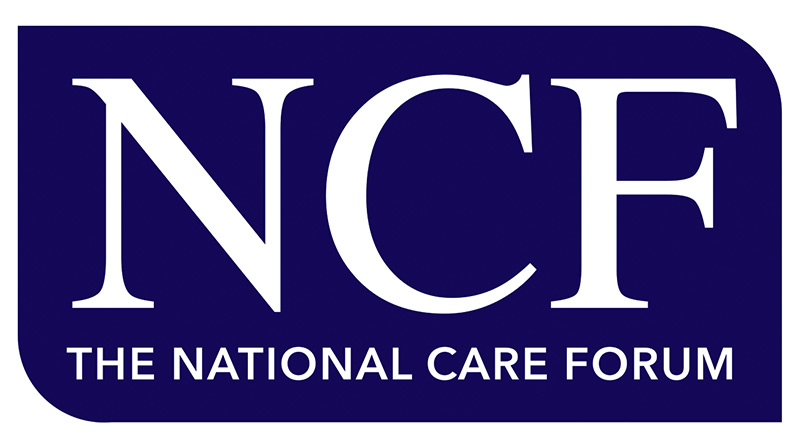NCF Calls For More Support For Social Care
The National Care Forum is calling for more support for social care providers during the coronavirus outbreak, highlighting the sector’s crucial role in ensuring people’s health.
Stringent new measures are now in place to manage the spread of the coronavirus. In the first of a series of daily briefings on the government’s response to managing the COVID-19 outbreak in the UK, the prime minister, Boris Johnson, requested that ‘non-essential’ travel and contact with others be restricted. Pregnant women, people over the age of 70 and those with certain health conditions have been asked to socially isolate to reduce the risk of transmission, while anyone who lives with someone with symptoms has been asked to isolate for 14 days.
The public were urged to comply with the restrictions as they were “doing it to protect the NHS from being overwhelmed” said Professor Chris Whitty, the UK government’s Chief Medical Adviser.
With the worst case scenario modelling suggesting that the coronavirus epidemic in the UK will last until next spring and potentially up to 8 million people needing some sort of treatment, these drastic measures make it even more important that the government supports the care sector to play its part in the efforts to manage the outbreak.
Social care has long been a key part of the overall health and care system. Yet in Monday’s briefing, there was little mention of the important and vital role social care will play in supporting the NHS in the fight against COVID-19.
As the country adapts to these draconian measures, the social care sector will increasingly be expected to provide essential care and support to many of the vulnerable people who are predicted to be most affected by the virus. It is essential that the Government does all it can to make sure that social care is equipped and supported to work alongside the NHS in this fast moving, difficult situation.
Vic Rayner, Executive Director at the National Care Forum, which represents care and support providers in the not-for-profit sector, says,
“The social care sector is broad and offers a diverse mix of services, including mental health, learning disabilities, older people services in a variety of settings – care at home, residential care, supported living and many more. Our members support both older people and working age people who need assistance with day-to-day living, even during the peak period of the pandemic.”
“Care providers are doing all they can to manage this pandemic, but often have very little to work with. Providers are taking their responsibilities very seriously to make sure their staff and the people they support are safe and protected. However, the government must do more to support the sector.”
“The government must provide immediate access to personal protective equipment (PPE) for the social care workforce across the country. Care providers need access to PPE for their workforce to enable them to protect the most vulnerable from the risk of transmission.”
“In addition, we are asking the government to prioritise testing for social care workers and service users to contain and manage the virus.”
“We also ask that the government set out a clear plan for the management of hospital discharges into the community, where many people from hospital will require ongoing care and support either in the community in their own homes, or in residential care settings. It is essential that a clear pathway be determined so that the health and care system is joined up, and the care sector is given the priority help it needs to support the most vulnerable.”
Years of austerity and under-funding in the social sector have had its toll. For the health response to be effective, equal attention must be given to social care, so that the sector is not overwhelmed.





